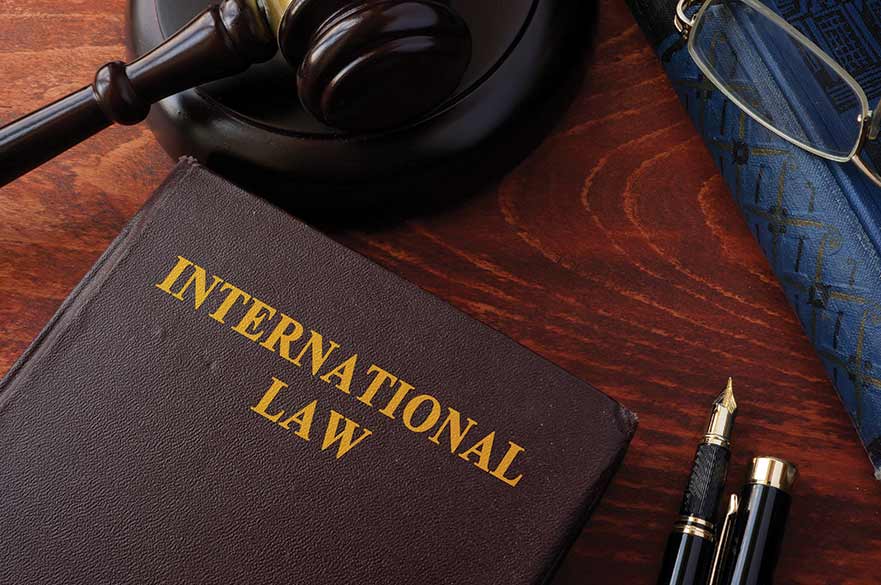Navigating the Global Landscape: The Essence and Evolution of International Law
admin November 27, 2023
In a world interconnected trade, diplomacy, and shared challenges, the role of international law has never been more crucial. From resolving disputes between nations to establishing norms that govern the conduct of states, international law serves as the bedrock of a stable and cooperative global order. This article explores the essence and evolution of international law, shedding light cryptodiscipline.com/ on its significance in the contemporary geopolitical landscape.
Table of Contents
ToggleThe Foundation of International Law:
International law, at its core, is a system of rules and principles that govern the relationships between sovereign states. These rules are not imposed a single governing body but are rather the result of agreements and treaties voluntarily entered into nations. The foundation of international law lies in the recognition that a cooperative framework is essential for addressing common challenges and ensuring peaceful coexistence.
Key Principles and Sources:
Several key principles underpin international law, including the principles of sovereignty, equality, and non-intervention. Sovereign states are considered equal under the law, and their independence and territorial integrity are respected. Non-intervention reinforces the idea that states should not interfere in the internal affairs of others.
The sources of international law are diverse, ranging from treaties and conventions to customary practices and the decisions of international courts. Treaties, in particular, play a central role, as they are formal agreements negotiated between states to address specific issues or establish general principles.
Evolution and Adaptation:
International law has evolved significantly over the centuries, adapting to the changing dynamics of global politics and the emergence of new challenges. The United Nations, established in the aftermath of World War II, has played a pivotal role in shaping the contemporary bitcointips.site/ international legal system. Its Charter reflects a commitment to the peaceful resolution of disputes and the promotion of human rights.
The expansion of international law to encompass issues such as environmental protection, human rights, and humanitarian intervention underscores its dynamic nature. Global challenges, from climate change to transnational terrorism, require a legal framework that can address complex, cross-border issues.
Challenges and Criticisms:
Despite its importance, international law faces challenges and criticisms. Enforcement mechanisms can be limited, and the effectiveness of international institutions can be hindered the divergent interests of member states. Critics argue that the system is sometimes undermined power imbalances and a lack of accountability for powerful nations.
The Future of International Law:
Looking ahead, the future of international law is likely to be shaped ongoing geopolitical shifts, technological advancements, and the evolving nature of global challenges. Strengthening international cooperation, enhancing the role of international institutions, and addressing issues of enforcement will be key to ensuring the continued relevance and effectiveness of international law.
In conclusion, international law remains a cornerstone of the global order, providing a framework for cooperation and conflict resolution among nations. As the world faces increasingly complex challenges, the evolution and adaptation of international law will be essential to creating a just and stable international system.





